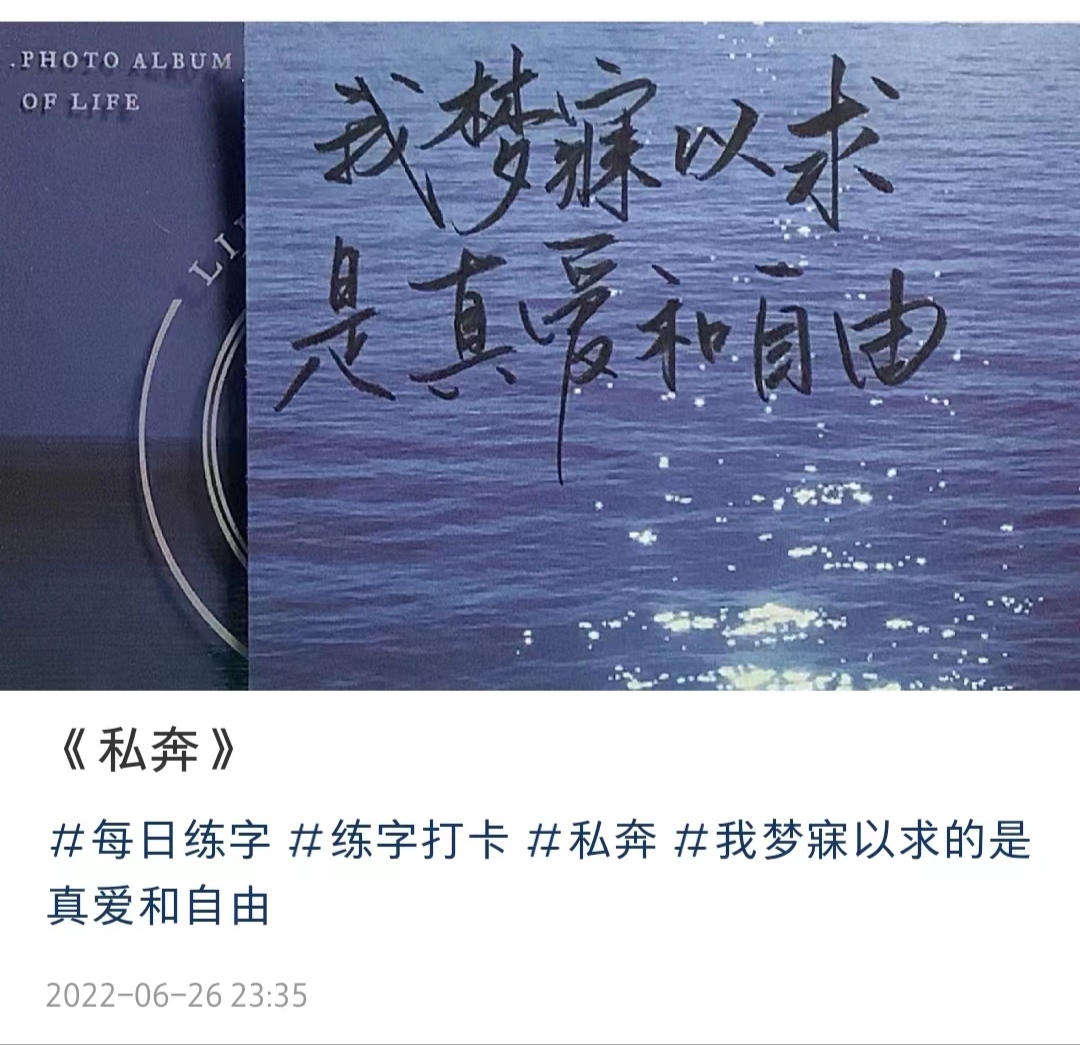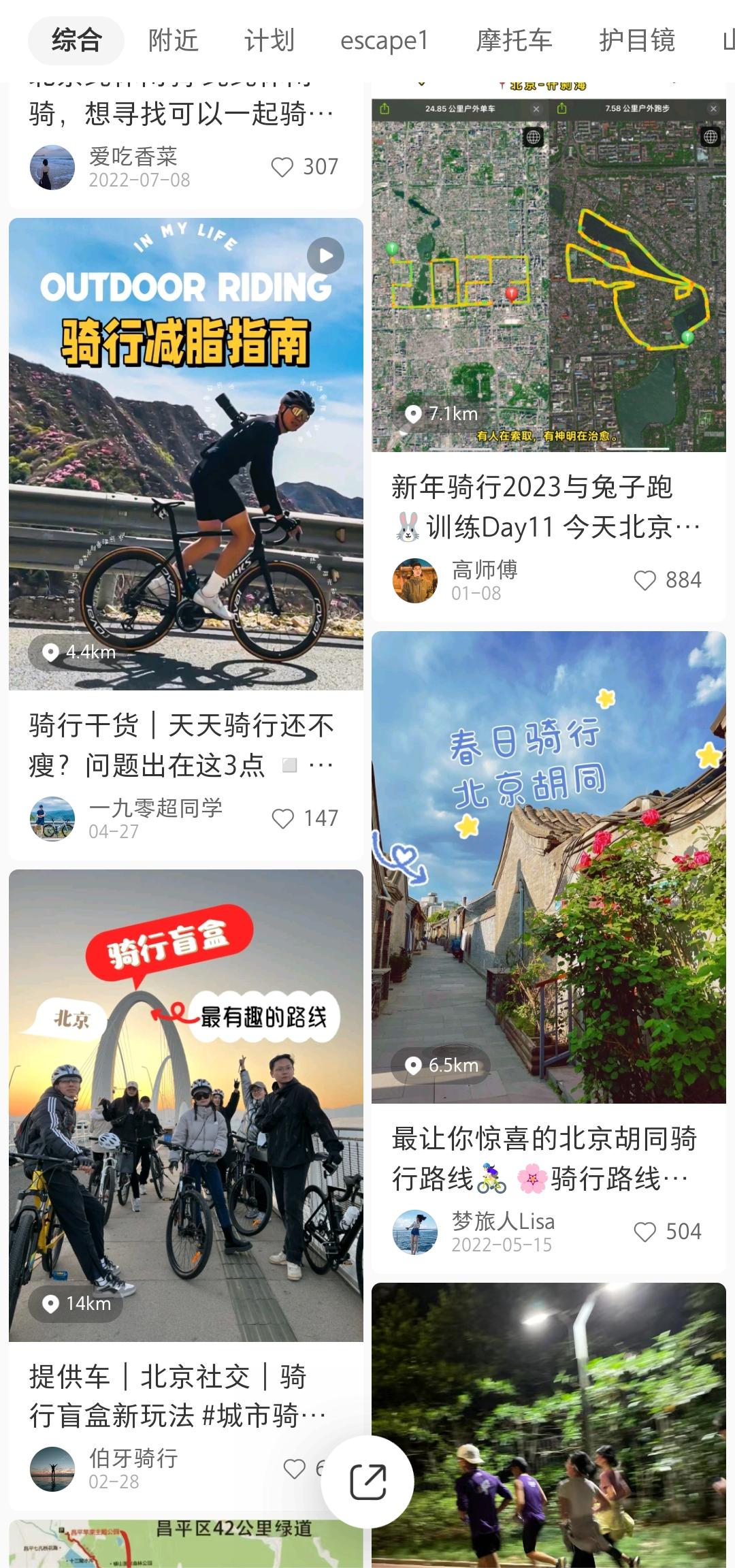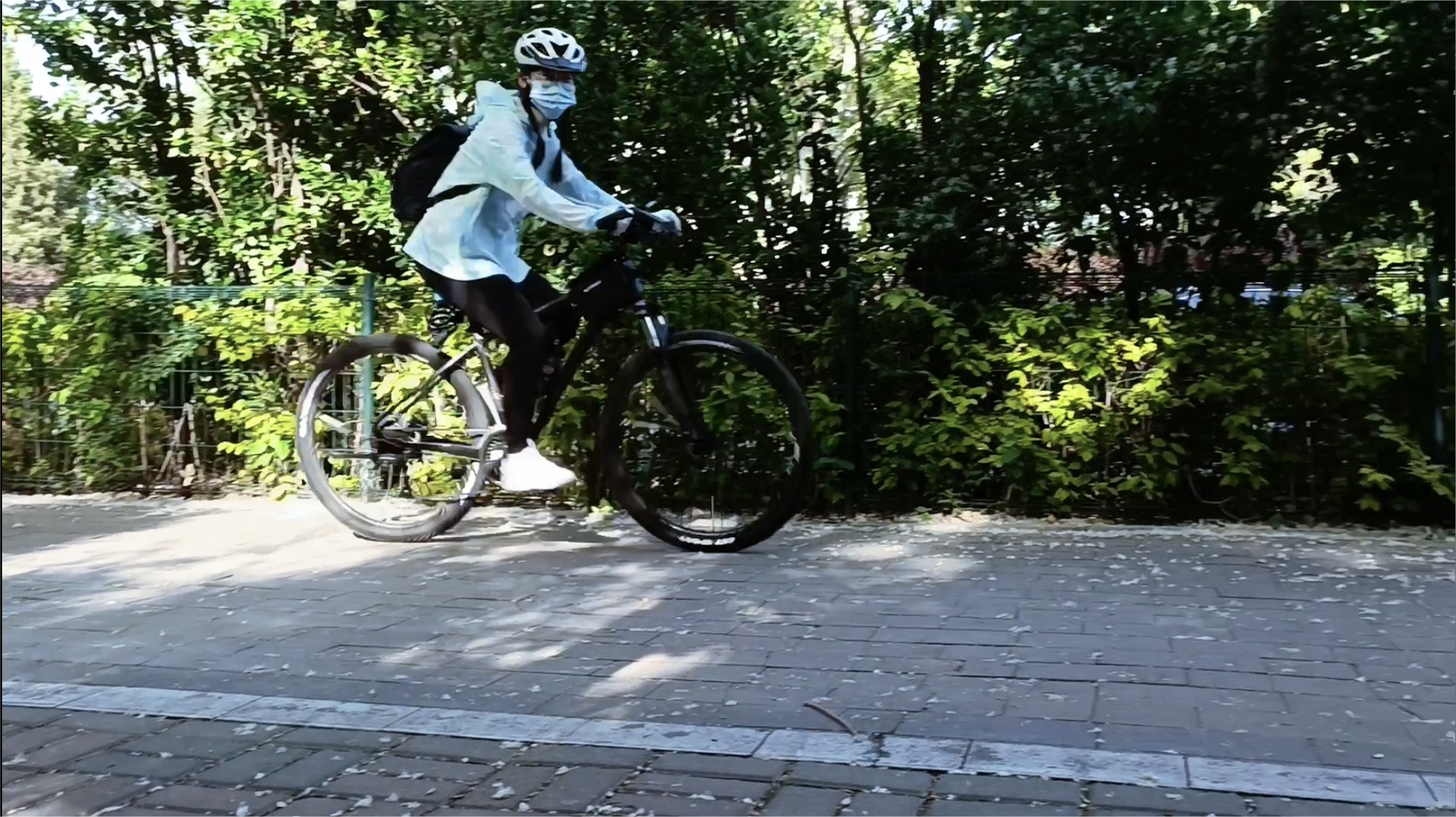In recent times it has become trendy for Chinese youth to share personalized content on social media platforms like Douban, Douyin and Sina Weibo. "Xiaohongshu", or the Little Red Book also become more popular.
Platform meets needs
The Little Red Book, sometimes called "the Red" is a content sharing platform which claimed 100 million active monthly users in October 2019, 70 percent of which were in their 20s.
"I actually use it every day and for more than an hour," said Li Bijun, a 22-year-old female student in Beijing. "When I planned to go on vacation to Hangzhou with my friends, I didn't know where we should go and what kind of food we can eat at that place."
"So, I downloaded the Red to do some research and to make a schedule for our trip."
Tian Yilong, an undergraduate majoring in English literature, said he quite liked the site's abundant answers.
"I read many posts about successful exam preparation on the Red," he said. "There is information about the methods and courses they choose."
"All of this makes me more confident in preparing for an exam."
The Little Red Book sometimes serves as a tool box for Na Heyang.
"I can always find numerous detailed tips such as traveling, cooking, preparing for exams or even job hunting," he said.
Zhang Jingyi said she liked to use the platform to look at memes and photos of sceneries.

Zhang Jingyi loves calligraphy, as shown in her writing posted in the Red. "My dream is true love and freedom," she says. (Photo/Zhang Jingyi)
"The beautiful scenery is a great relief for my pain and pressure from work and life," said the 22-year-old college student.
Beijing student Zhang Yixin highlighted the value of personal sharing.
"Once you post something on the Red, it can be viewed by anyone who has an account on it," she said. "That means you have great power and influence."
Shaping the platform
The Red, began life back in June 2013 as an overseas shopping platform established in Shanghai.
But it has evolved today into an online community of user-generated content. Most users appear to be members of China's Gen Z.
"Inspire lives, share and discover the wonderful" is its official Chinese slogan.

A screenshot of the Little Red Book content sharing platform.
Members of the younger generation are more willing to express themselves and use products which matched their identities, said Zhang Zheng, an associate professor at the Tsinghua University school of journalism and communication in Beijing.
"The Red came into being in response to the needs of the young generation," he said.
A riding vlog inspired Zou Wenzhan, a 21-year-old cycling enthusiast.
"The blogger is so relaxed and excited in that video," she said, "and it is a good sport to keep fit. I decided to have a try."
There were jokes about cycling and helpful posts "for newbies like me," she said. "It seemed like there was a community of bike lovers."

Zou Wenzhan cycles on a boulevard on her first long-distance ride of about 150 kilometers, from Beijing to Tianjin. (Photo/ Zou Wenzhan)
Red launched a bike-friendly program in April to encourage the provision of parking spaces for cyclists at more than 400 participating shops in 30 cities.
"Trait groups," where people share certain personalities or hobbies, "are not for self-satisfaction or to show off, but for a kind of self-identity," said Zhang, the professor.
The site tracks, learns and recommends content to users based on their likes, comments and posts. Users are increasingly linked by their passions and categories.
The flip side of healthy teen fun: peer pressure, anxiety, false and exaggerated content, addiction and privacy concerns.
"Some information in the Red is staged while at the same time pretending to be genuine," said Huang Shuqi, a 21-year-old studying in Beijing. "Such content often triggers anxiety," she said.
The Little Red Book faces similar issues as other social media, said Professor Zhang. "China's regulatory departments and the Red itself are coping with them," he said.


